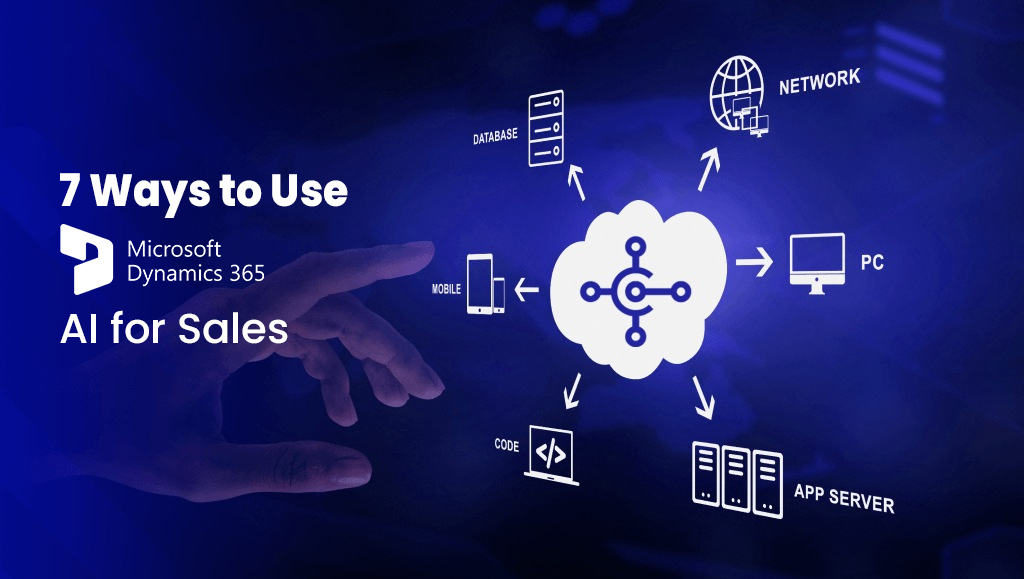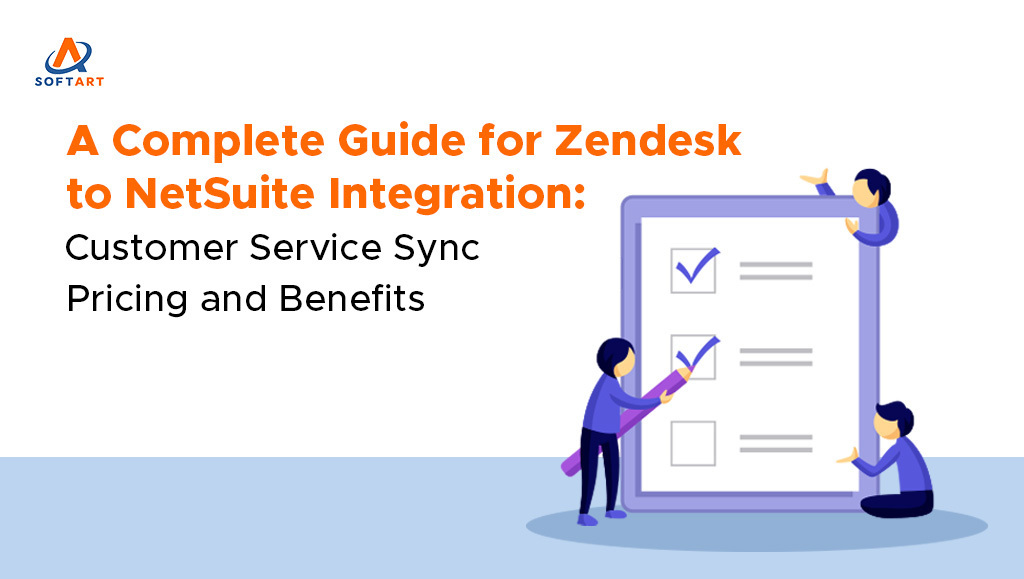Decoding Gartner’s 2025 Cloud ERP Magic Quadrant: Leadersh...
The 2025 Gartner Magic Quadrant for Cloud ERP has named the top players transforming the way businesses run. Leading the pack are Oracle and Microsoft with other big names like SAP, IFS, NetSuit...
Cloud ERP
- 11-21-2025
- 36 Reads
- 2 min read
Latest Blogs
Out-of-the-Box ERP Reports You Should Be Using (Finance, Sal...
When companies ask what are the standard reports in ERP, they are often looking for actionable insights that can help them improve business performance. Whether you’re dealing with incomplete da...
Cloud ERP
- 09-18-2025
- 133 Reads
- 6 min read
Different ERPs Available in the Market and How to Choose the...
The success or failure of your company transformation largely depends on selecting the most suitable ERP system. With an abundance of alternatives present in the market, getting lost in features, pric...
Cloud ERP
- 09-17-2025
- 128 Reads
- 7 min read
How to Prepare Your Organization Before Implementing an ERP
Getting an ERP system for your business can completely change the way you work, for the better. But if you jump in without the right prep, it can also burn a hole in your pocket. In fact, almost half ...
Cloud ERP
- 09-10-2025
- 136 Reads
- 7 min read
Types of ERP Systems in 2025 and Making the Right Choice
Businesses running on outdated systems often face bottlenecks that slow growth. Manual reporting, disconnected applications and lack of real-time insights create silos that hinder agility. Even worse,...
Cloud ERP
- 09-04-2025
- 147 Reads
- 5 min read
The Complete Guide to 3-Way Matching in NetSuite
Efficient financial management is the backbone of any successful organization, and ensuring accuracy in procurement and payment processes is critical. Errors, fraud, and mismatched records can lead to...
Blog
- 01-06-2025
- 297 Reads
- 4 min read
What Is ERP Hosting?
Efficient management of business processes is crucial for success in today’s competitive landscape. But how can companies ensure that their operations, from finance and HR to supply chain management...
Blog
- 10-10-2024
- 970 Reads
- 5 min read
Testing Strategy for Oracle Cloud ERP Implementation: A Step...
ERP plays a pivotal role in a company’s resource planning by consolidating all necessary processes into a single system. According to a 2024 techreport, currently, 24% of companies utilize ERP softw...
Cloud ERP
- 06-04-2024
- 557 Reads
- 4 min read
How to use ERP to navigate supply chain disruptions?
Supply Chain Management (SCM) plays a pivotal role in driving organizational success and maintaining competitive advantage. As businesses strive to meet the ever-changing demands of consumers while op...
Cloud ERP
- 03-06-2024
- 515 Reads
- 5 min read
The Future of Business Efficiency: Unleashing the Power of A...
In today’s fast-paced business environment, efficiency is the key to success. As companies strive to streamline their operations and maximize productivity, they are turning to innovative solutio...
Cloud ERP
- 02-07-2024
- 482 Reads
- 4 min read
Compelling Reasons for Switching to Oracle Cloud ERP
In today’s fast-paced business world, making smart choices can mean the difference between thriving and just surviving. That’s where Oracle ERP Cloud Implementation steps in—a game-chang...
Cloud ERP
- 02-02-2024
- 566 Reads
- 6 min read
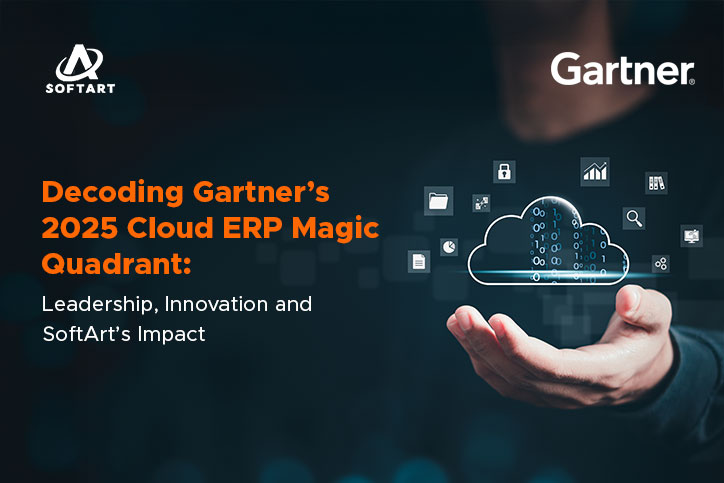


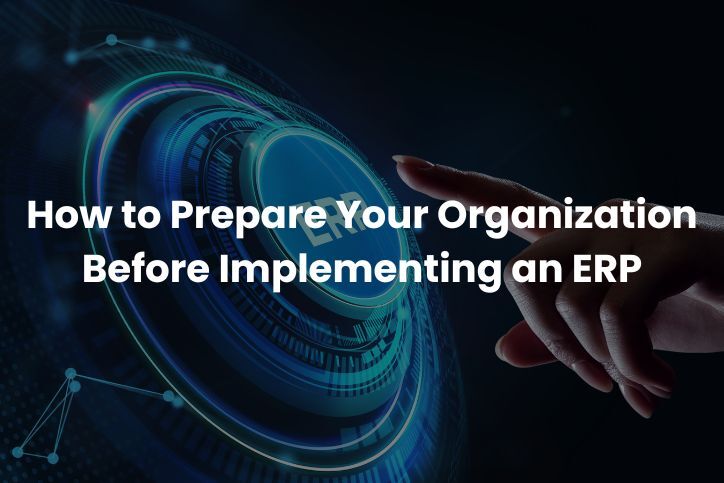
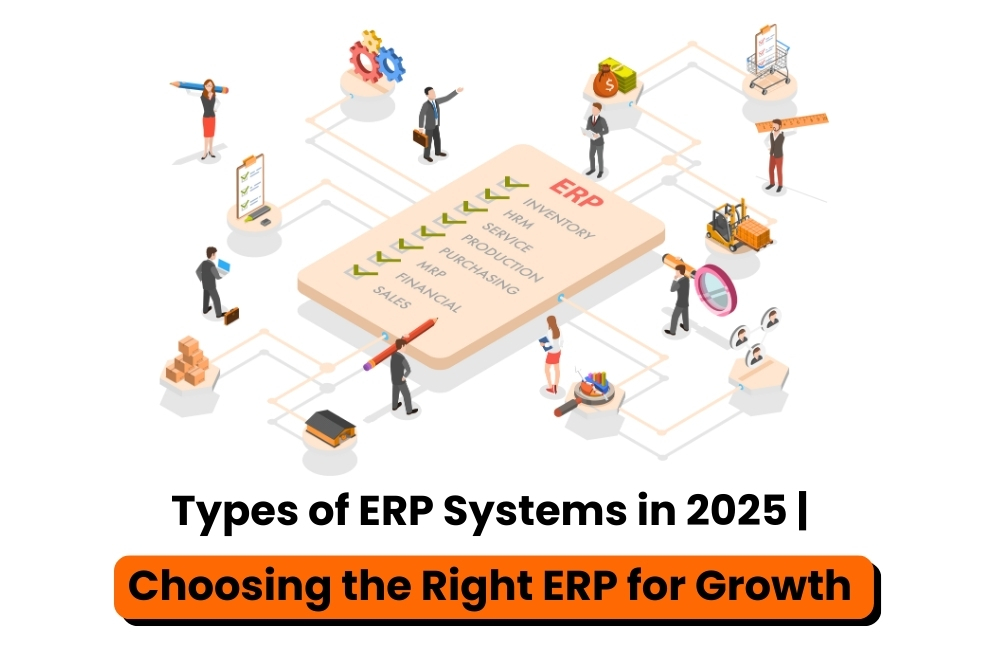

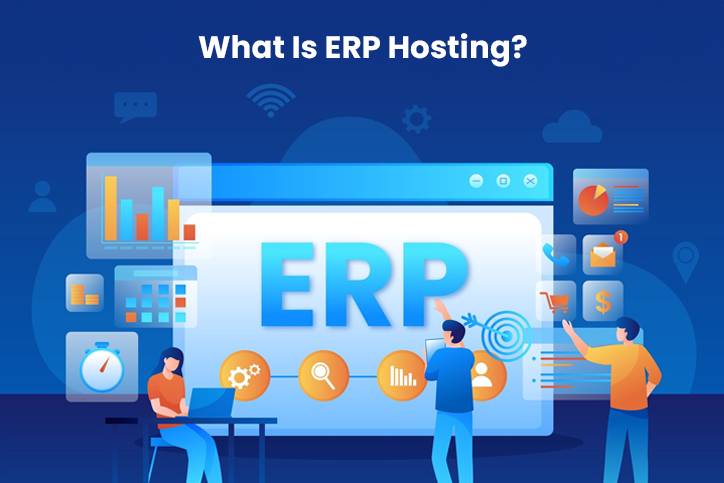



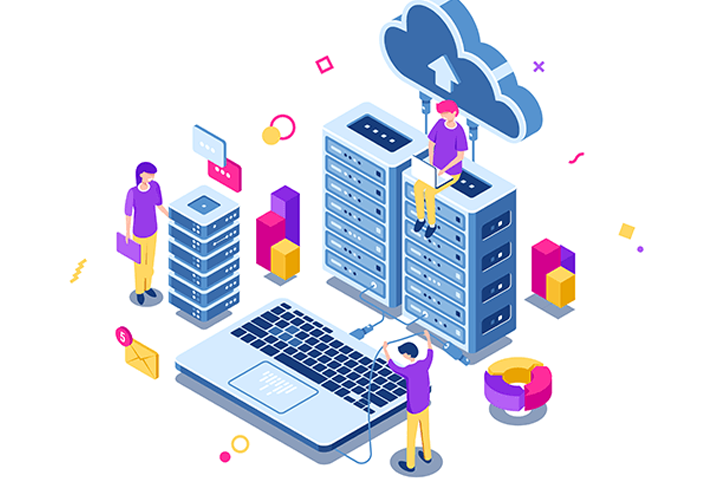
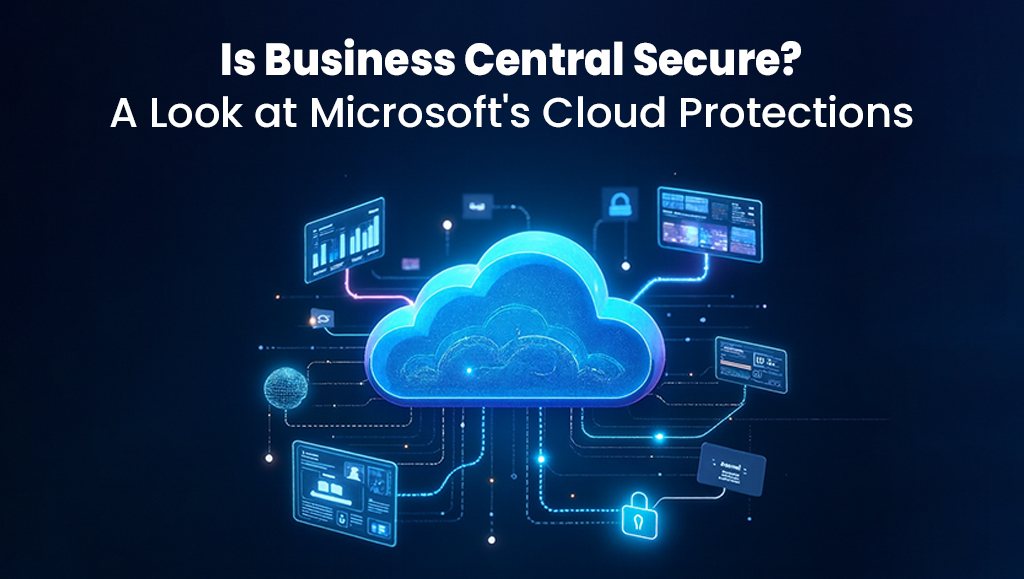
![Duplicate Data in Dynamics 365 [What It Costs and How to Fix It]!](https://softartsolutionsinc.com/wp-content/uploads/2025/12/duplicate-data-in-dynamics-365-what-it-costs-and-how-to-fix-it.jpg)
